As we close out the 2016 year, our thoughts tend to begin to focus on the tax season ahead. Unfortunately, many others with less noble intentions have already focused on this time and have come up with new ways to scare seniors into making costly decisions. Scammers are always refining their tactics and remain one step ahead of the authorities for many of our senior population.
With the age of social media, and computers being a big part of everyone’s life, scammers look to target our most vulnerable asset, our seniors. Seniors like to be current on what’s new with the computer craze as a way to communicate with their children and grandchildren. Unfortunately, they do not always understand how easily they can be targeted and what is a scam and what is not. There are many posts on various social media venues which asks that you send money for this or that cause. Unless you know the person making a request, such as a neighbor, family member (who you personally know) or a friend who is looking for help as a result of a personal catastrophe, it is best not to make a donation. They use cute pictures of animals or children or pictures of someone in distress. Don’t fall for it.
The IRS continues to put out notices telling everyone that they do not send emails, texts or make phone calls telling someone that they must make some type of payment IMMEDIATELY or face the consequences of losing their home or worse. The IRS ALWAYS sends any notifications through the US mail and will include a toll free number to reach them.
Many scams will scare people into giving them their credit card, bank account or social security number over the phone…….or else. Don’t ever give your credit card, social security or bank account information to anyone over the phone. Instead, ask them for their number and you will call them back. The scammer will usually just increase the pressure and tell you that you need to make a payment over the phone immediately or the authorities will be at their home the next day. You can kindly thank them, in your own way, and hang up the phone. Do not engage in conversation with anyone who asks for a payment over the phone. The IRS does not work that way. If you are ever unsure of the validity of a call, make sure you follow up with another family member or someone else you know.
Please be mindful at this time of year, especially with the holiday season now and the tax season to follow. If you have any questions regarding anybody looking for money over the phone, please notify your local Area Agency on Aging or go to the “.gov” website and look at what they have posted regarding the latest scams in your area. You can also register your phone number on the “Do not call list” by calling 1-888-383-1222 and report any fraud to the Federal Trade Commission at 1-877-382-4357.
